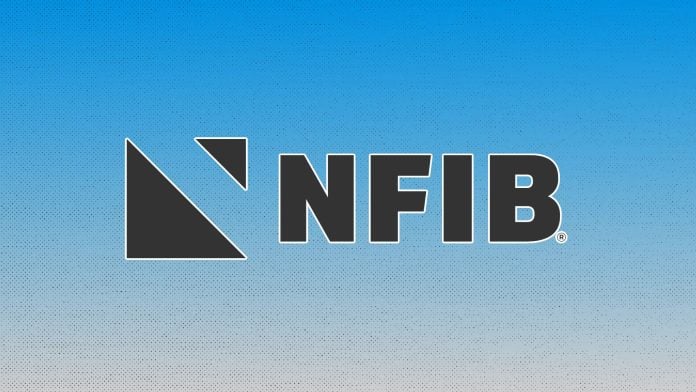The aftermath of California’s wildfires has left many families and small business owners grappling with recovery challenges, as highlighted in a recent statement by U.S. Small Business Administration (SBA) Administrator Kelly Loeffler. During a visit to the Pacific Palisades, Loeffler criticized California Governor Gavin Newsom and Los Angeles Mayor Karen Bass for prolonging the suffering of wildfire victims, who are still unable to rebuild eight months after the disaster.
This visit drew attention not only to the pressing needs of affected communities but also showcased the significant federal aid that has been mobilized to help. Loeffler emphasized that the Trump Administration has provided a historic $3.2 billion in disaster relief aid, accounting for 73% of all disaster relief approved by the SBA this fiscal year. Despite this influx of support, local bureaucratic hurdles continue to hinder recovery efforts for those most affected.
Joining Loeffler were local personalities, including Spencer Pratt, who lost his family home, and Luke Melchior, CEO of a local construction company. Together, they inspected an empty lot where rebuilding efforts have stalled due to permit approvals, which have been pending for nearly five months. This delay serves as an unfortunate emblem of the larger bureaucratic issues that are frustrating many small business owners eager to return to operational status.
“The Trump Administration has delivered a historic response to support California wildfire victims,” Loeffler stated. “Yet, eight months later, families and small businesses who lost everything are still standing in the rubble.” Her comments underscore the dichotomy between the available federal relief and the local challenges that remain.
With an estimated 16,000 structures destroyed during the Palisades and Eaton wildfires in January, only about 800 rebuilding permits have been issued thus far in Los Angeles, painting a troubling picture for small business recovery in the area. The need for streamlined permit processes is urgent; bureaucratic inefficiencies not only prolong the struggles of those directly impacted but also contribute to the economic downturn in the community.
One key takeaway for small business owners is the feasibility of accessing these federal supports. The SBA has successfully disbursed nearly $640 million to over 8,000 wildfire victims, making it clear that federal relief is indeed reachable. However, small businesses should also be informed of the bureaucratic red tape at the local level that poses an obstacle, which could stifle their recovery plans as well as their long-term growth prospects.
The ability to bounce back from disasters relies heavily not only on financial aid but also on adequate support structures at the local level. Loeffler’s remarks call into question whether state and local leadership can fulfill their obligations to expedite recovery. For small business owners, this means that while federal assistance exists to aid in their recovery, they should be prepared for potential delays and setbacks due to local regulatory environments.
Challenges remain significant. Small business owners should consider advocating for transparency and efficiency in the permitting process, perhaps even banding together to form coalitions that can apply pressure for quicker resolutions. Engaging with local government can help elucidate the bureaucratic obstacles and potentially lead to more streamlined processes.
The situation exemplifies the delicate balance between receiving government aid and the red tape that can render it ineffective. As federal aid has poured in to support wildfire aftermath—an impressive feat—the question remains: are state and local officials prepared to harness that aid effectively for the communities that need it most?
In a time when recovery is essential not only for individual families but also for revitalizing the local economy, the call to action is clear. Communities must foster an environment where rebuilding can flourish without unnecessary delays. This incident serves as a potent reminder of the multifaceted challenges that small business owners often face in the wake of a disaster.
To explore more details about the federal relief initiatives, visit the original press release at the U.S. Small Business Administration’s website: SBA Article.
Image Via BizSugar



